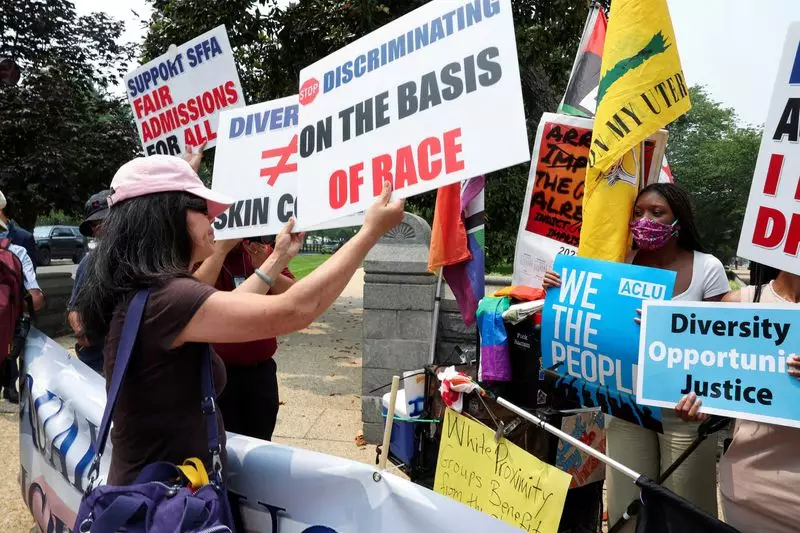Diversity, Equity, and Inclusion (DEI) programs have gained substantial traction in recent decades as organizations strive to create environments that foster equal opportunities for all, particularly for marginalized communities. These initiatives are crucial for addressing systemic inequalities and promoting representation of women, people of color, and the LGBTQ+ community across various sectors. With a focus on enhancing workforce diversity, DEI efforts aim to counteract the institutional biases that have historically limited access and advancement for underrepresented groups. However, the ongoing political discourse around DEI, especially during the Trump presidency, has sparked intense debates about their role within both public and private sectors.
In a notable shift, the Trump administration initiated efforts to dismantle federal DEI programs, as highlighted in a recent memorandum from the Office of Personnel Management. This order instructs federal agencies to terminate any offices or roles associated with DEI initiatives and related environmental justice efforts within sixty days. Such a directive reflects a broader ideological stance taken by Trump and many of his allies, who argue that these programs lead to discrimination against individuals not identified as part of marginalized groups. They contend that rewarding hiring practices based on diversity undermines the principles of meritocracy, potentially leading to a paradigm where qualifications take a backseat to demographic factors.
The implications of this policy shift are significant and far-reaching. Critics, especially within the civil rights advocacy community, warn that abolishing DEI programs could undo years of progress toward achieving greater equity in federal hiring and contracting processes. The fear is that such a regression may restore systemic barriers that have long affected underrepresented individuals in the workforce. The memo’s call for the elimination of DEI offices signals a stark retreat from an era where diversity was championed as a critical component of organizational success and social responsibility.
Beyond federal agencies, the Trump administration’s stance on DEI has also exerted pressure on private sectors to reassess their diversity initiatives. This movement toward dismantling DEI programs is seen by many as a troubling indication of growing resistance against long-standing norms that aim to increase representation and equity in the workplace. The increasing politicization of these initiatives raises concerns about the future of diversity efforts, especially as corporate America grapples with how to navigate these contentious waters.
The effort to terminate DEI programs under the Trump administration marks a critical inflection point that varies starkly with the ethos of social justice and equality championed by previous administrations. The ongoing debates surrounding this issue will likely shape the trajectory of diversity initiatives for years to come, influencing not only federal employment practices but also broader societal attitudes toward inclusivity and representation. As stakeholders in both the public and private sectors respond to these challenges, the path forward will require a nuanced understanding of the delicate balance between merit and diversity in an evolving workforce landscape.

